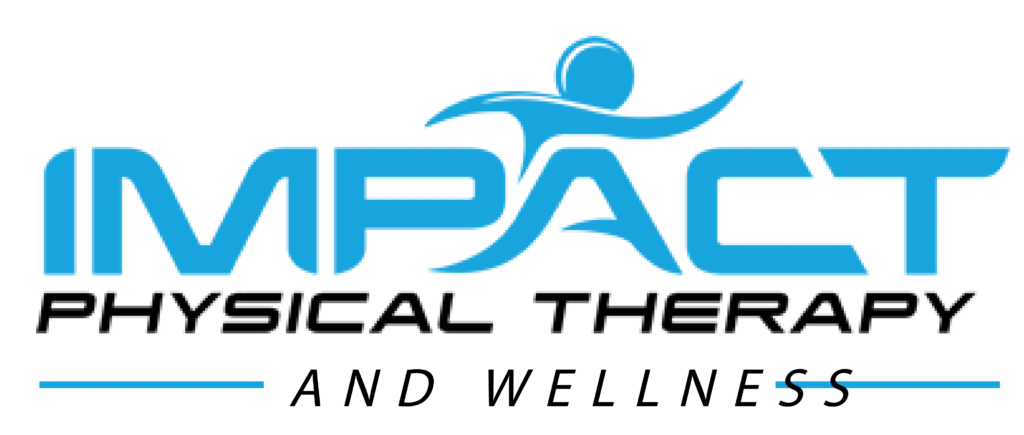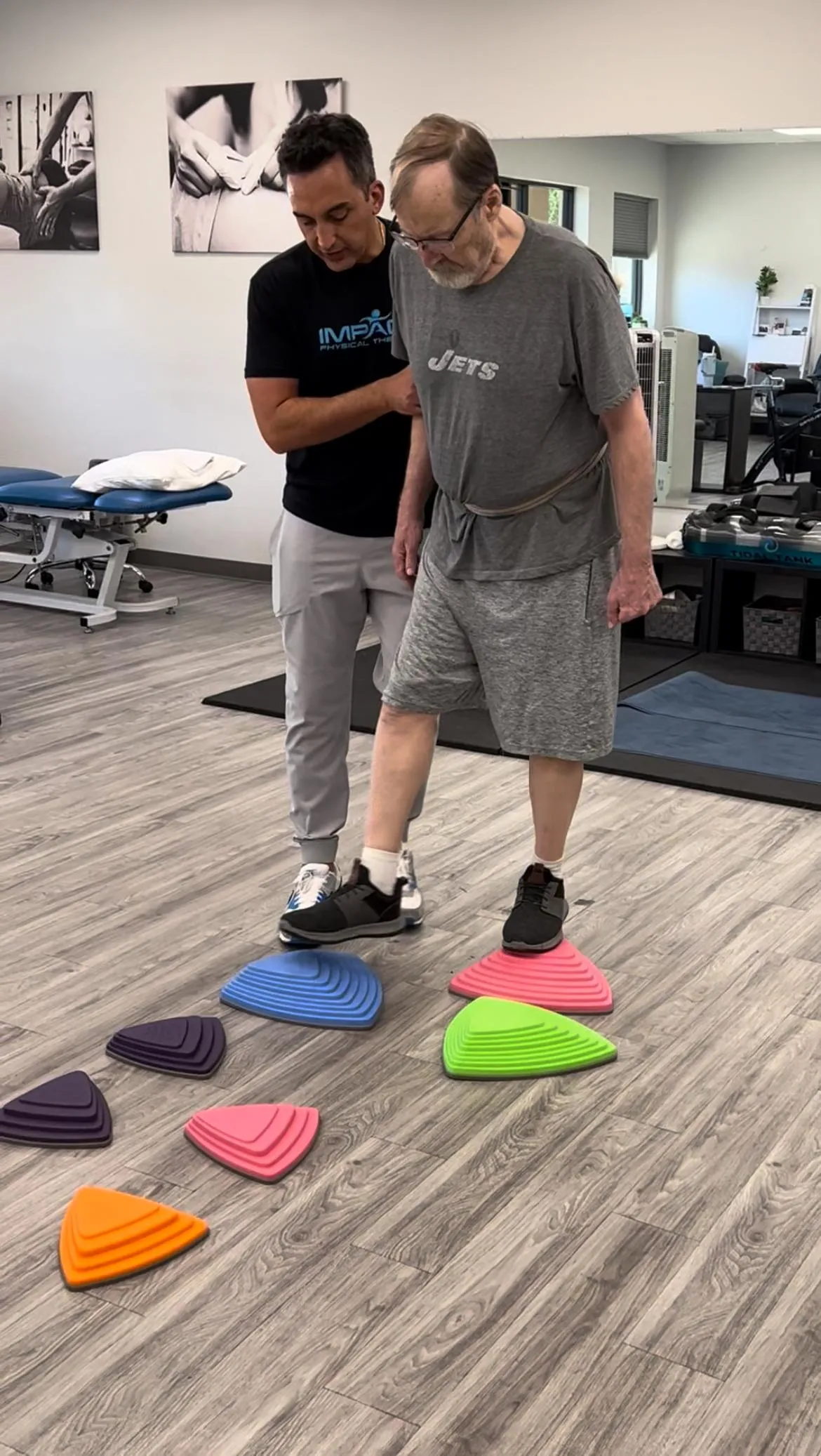
Welcome to Our Blog

Parkinson’s Disease: What It Is and How Physical Therapy Can Help
Parkinson’s Disease: What It Is and How Physical Therapy Can Help
What is Parkinson’s Disease?
Parkinson’s disease (PD) is a progressive neurological disorder that primarily affects movement, leading to symptoms such as tremors, stiffness, and balance issues. Caused by the gradual loss of dopamine-producing neurons in the brain, it often begins subtly, with symptoms worsening over time. While the exact cause remains unknown, factors like genetics and environmental triggers are believed to play a role.
Symptoms of Parkinson’s Disease
Common symptoms include:
• Tremors: Shaking, often starting in one hand
• Rigidity: Stiffness in the muscles, limiting movement
• Bradykinesia: Slowed movements that make daily tasks challenging
• Balance and Posture Issues: Increased risk of falls due to poor balance and posture instability
Non-motor symptoms like mood changes, sleep disorders, and cognitive decline can also affect individuals with PD.
How Physical Therapy Can Help with Parkinson’s Disease
Physical therapy plays a crucial role in managing Parkinson’s symptoms, slowing the progression of physical limitations, and improving overall quality of life. Here’s how:
1. Improving Balance and Reducing Fall Risk
Physical therapists work on exercises to strengthen balance, agility, and coordination. Training in these areas can help people with PD avoid falls, which are common as motor symptoms progress.
2. Increasing Mobility and Range of Motion
Through targeted stretching and flexibility exercises, physical therapy can help relieve muscle stiffness and maintain range of motion. Techniques such as “Big and Loud” therapy, which focuses on exaggerating movements, can make everyday tasks more manageable.
3. Enhancing Strength and Endurance
Strength training helps combat the muscle weakness associated with PD, while aerobic exercises, like cycling or walking, improve cardiovascular health and energy levels. Even low-impact activities, such as water-based therapy, can be incredibly effective for people with joint pain.
4. Boosting Coordination and Motor Control
Coordination exercises, including gait training and dual-tasking exercises, can help people manage tasks that require both mental and physical effort. Practicing these skills can help individuals better navigate daily life with improved confidence.
5. Improving Posture and Reducing Rigidity
Physical therapists focus on posture improvement to help alleviate the forward-leaning posture common in Parkinson’s. Specific exercises target the muscles needed to maintain proper alignment, which can enhance breathing and reduce discomfort.
Additional Benefits of Physical Therapy for Parkinson’s Patients
Physical therapy not only addresses physical symptoms but also promotes mental well-being by increasing confidence, reducing anxiety, and providing a sense of control over one’s condition. By working with a trained physical therapist, individuals with Parkinson’s can build a routine that helps them live as independently as possible.
Getting Started with Physical Therapy for Parkinson’s
If you or a loved one has Parkinson’s disease, consulting with a specialized physical therapist can help you create a personalized plan to address specific symptoms. This approach focuses on improving mobility, strength, and balance. Physical therapy offers a powerful, non-invasive way to manage Parkinson’s disease, promoting a healthier and more active lifestyle.
At Impact Physical Therapy, our experienced team is dedicated to providing tailored care that meets your unique needs. We understand the challenges posed by Parkinson’s and are committed to supporting your journey toward better health.
For more information on how physical therapy can help manage Parkinson’s disease symptoms, contact our Arizona-based team to schedule a consultation tailored to your needs. We’re here to help you live your life to the fullest.
At Impact Physical Therapy, we focus on YOUR entire system
to not only identify the source of your symptoms, but to also treat the root causes of your shoulder pain.
We have helped hundreds of patients just like yourself avoid surgery, and pain killers by providing a hands on approach. Whether you have tried physical therapy somewhere else, have had pain for years, use pain killers or have tried EVERYTHING …. WE CAN HELP YOU.
Get in for a Free Consultation and let us show you why hundreds of patients have succeeded and now live a happy and active life.
Become one of the hundreds of patients that we have helped get back to an active life!
Why Impact Physical Therapy?
At Impact Physical Therapy, we focus on your entire movement system to not only identify the source of your symptoms, but to also treat the causes of your shoulder pathology.
We feel so confident that you will love the experience – this is why we have a 100% satisfaction guarantee!
Become one of the hundreds of patients that we have helped get back to an active life!
What to Expect from Us:
One-on-one care with a Doctor of Physical Therapy
Individualized plan of care
Innovative techniques such as cupping, dry needling, and kinesiotape
Easy lines of communication
Fast results
Friendly environment where everyone knows your name
Clean, fun and memorable